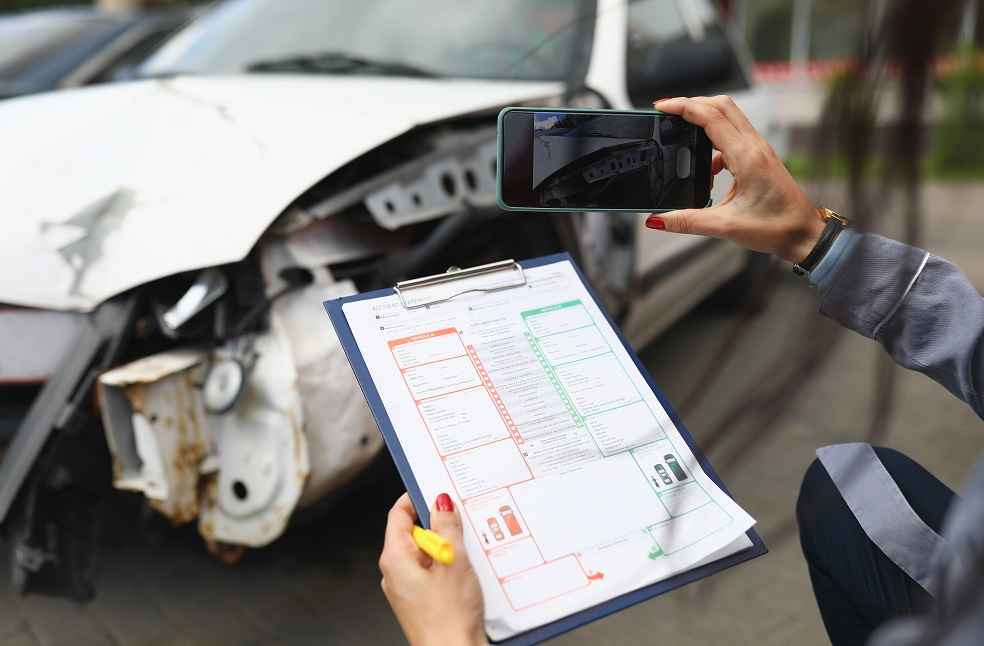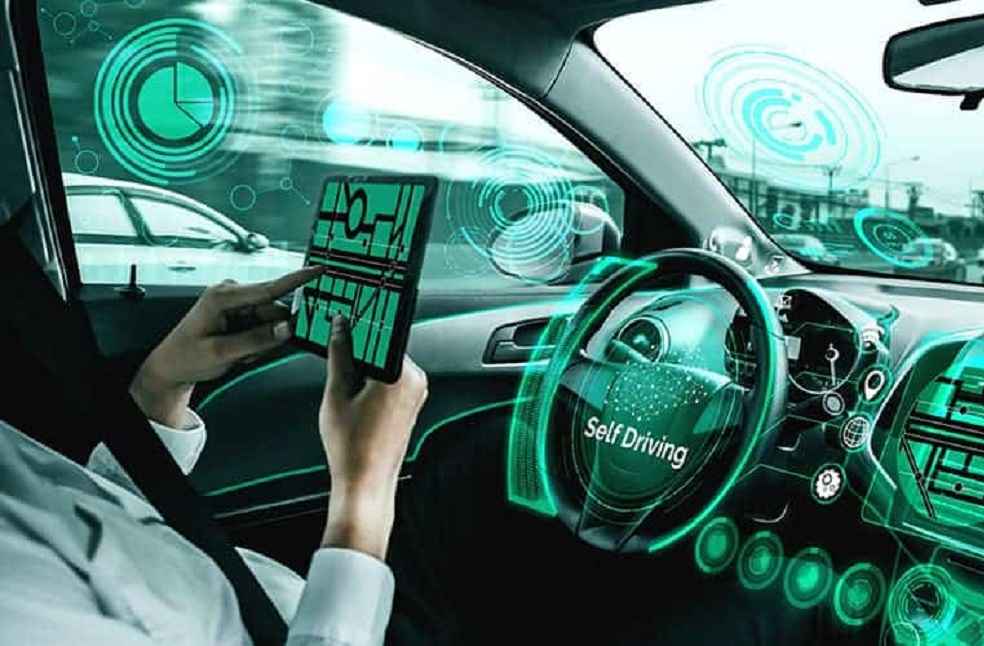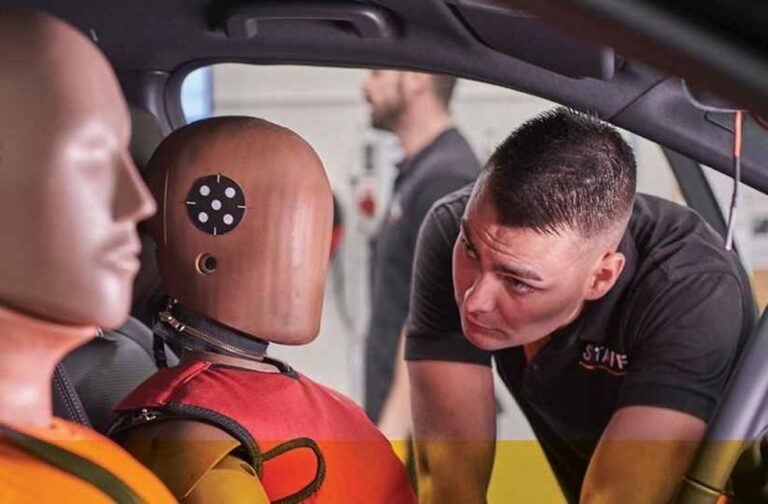The U.S. National Highway Traffic Safety Administration on Friday stated that it will postpone the rollout of changes to the federal New Car Assessment Program (NCAP), which were finalized in December, following a request from automakers.
As reported by Reuters, the NHTSA is delaying its planned updates to the five-star New Car Assessment Program, granting automakers an additional year to comply with the new, stringent standards. The update, initially planned for the 2026 model year, has been postponed to 2027 after the industry stated that the agency had failed to release the necessary test procedures for evaluating pedestrian protection in crashworthiness assessments.

Last year, the NHTSA introduced major changes to the NCAP, which rates vehicle safety. The revised criteria included features like blind-spot warning, blind-spot intervention, lane-keeping assist, and pedestrian automatic emergency braking as essential for top safety ratings. The agency also declared plans to tighten standards for automatic emergency braking (AEB) beginning in 2026.
However, in April, the Alliance for Automotive Innovation, representing automakers, raised concerns, stating that the government had not released pedestrian crash test procedures in time for the planned rollout.
The existing rating system, which has a strong influence on consumer choices, operates independently from the mandatory vehicle safety regulations enforced by the NHTSA. Although participation in the five-star ratings is voluntary, automakers consider the ratings’ value as a powerful marketing tool. A drop from the top rating can impact vehicle sales, especially as consumers increasingly rely on NCAP scores to compare safety performance across models.

A Reuters report links the NHTSA’s lack of updated safety standards to notable declines in automaker stock prices, particularly among companies under investigation or facing recalls. Major manufacturers such as General Motors and Volkswagen have openly criticized the agency for maintaining outdated regulations that do not adequately account for advancements in autonomous driving and electric vehicle safety. These concerns highlight how regulatory delays contribute to uncertainty, hinder innovation, and negatively impact company valuations.
According to the Alliance for Automotive Innovation, updating NCAP to reflect real-world crash conditions and incorporate advanced safety measures is crucial to sustaining both consumer trust and investor confidence.
EV WORLD | Tesla, SRAM & MRAM Group to Build EV Battery Plants in a $1B Deal





